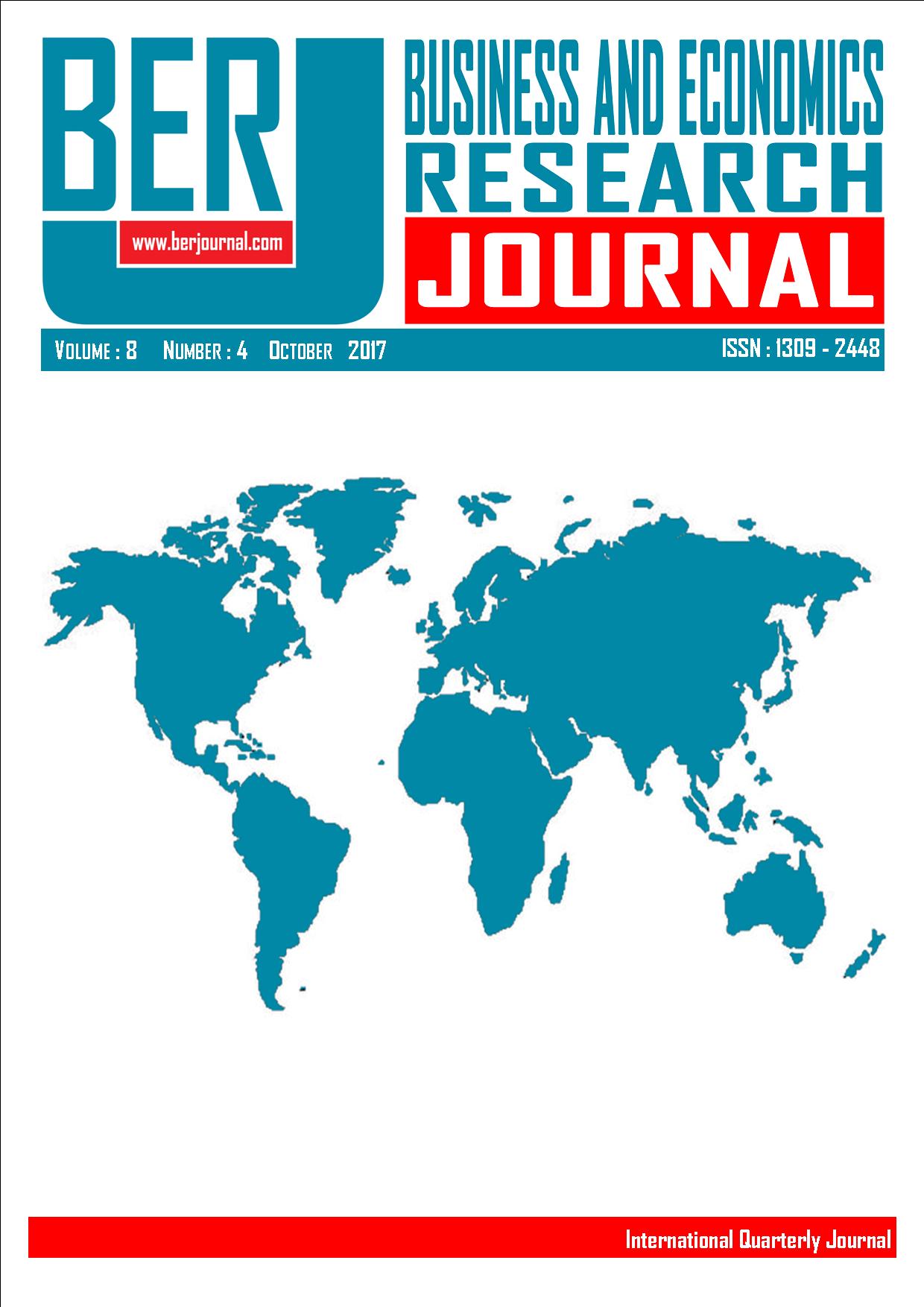Öz-liderlik Becerilerinde Psikolojik Sermayenin Rolü:
Kamu Çalışanları Üzerine Görgül Bir Araştırma
The Role of Psychological Capital in Self-leadership:
An Empirical Research on State Officials
Author(s): Meral Kızrak, Papatya S. Bıçakçı, H. Nejat BasımSubject(s): Economy, Business Economy / Management
Published by: Adem Anbar
Keywords: Psychological Capital; Self-leadership; Positive Organizational Behavior; Structural Equation Model
Summary/Abstract: This study aims to explore the psychological capital factors which may affect self-leadership skills. To this aim, the effects of four sub-constructs of psychological capital (hope, optimism, resilience, self-efficacy) on eight sub-constructs of self-leadership (self-goal setting & visualizing successful performance, focusing thoughts on natural rewards, self-observation, self-reward, self-punishment, self-cuing, self-talk, evaluating beliefs and assumptions) have been investigated. The research data were obtained from 227 state officials in Ankara through questionnaires and convenience sampling. For the data analysis and model test, the structural equation modeling was utilized. The research findings indicate that different self-leadership behaviors are affected by different psychological factors, particularly hope and optimism. On the other hand, the findings reveal that self-cueing is influenced by each psychological factor except for hope. The results also show that none of the psychological sub-constructs has an effect on self-reward or self-punishment. Within this context, employees’ psychological capital has been found to have a partial impact on their self-leadership skills.
Journal: Business and Economics Research Journal
- Issue Year: 8/2017
- Issue No: 4
- Page Range: 797-813
- Page Count: 17
- Language: Turkish

